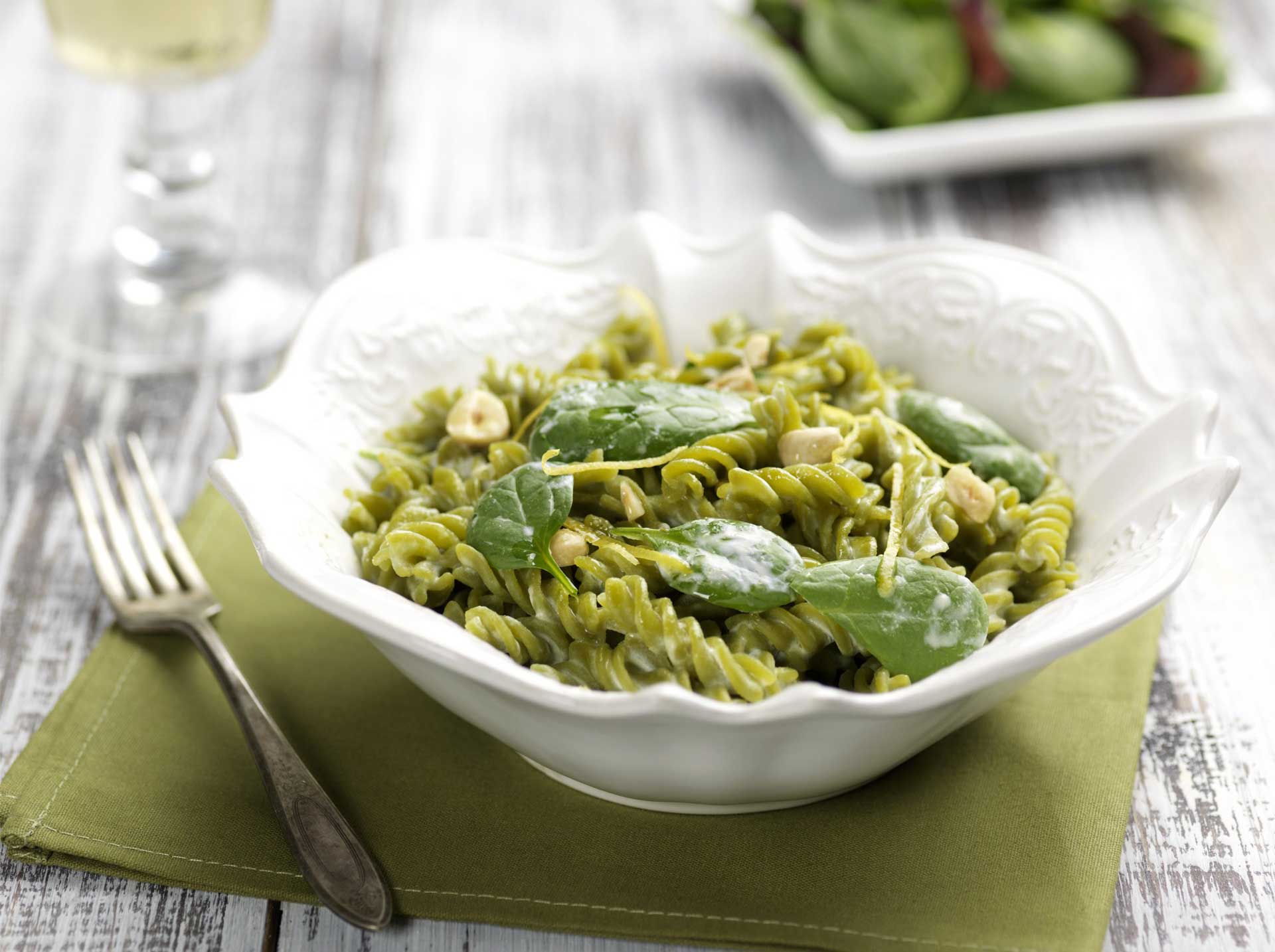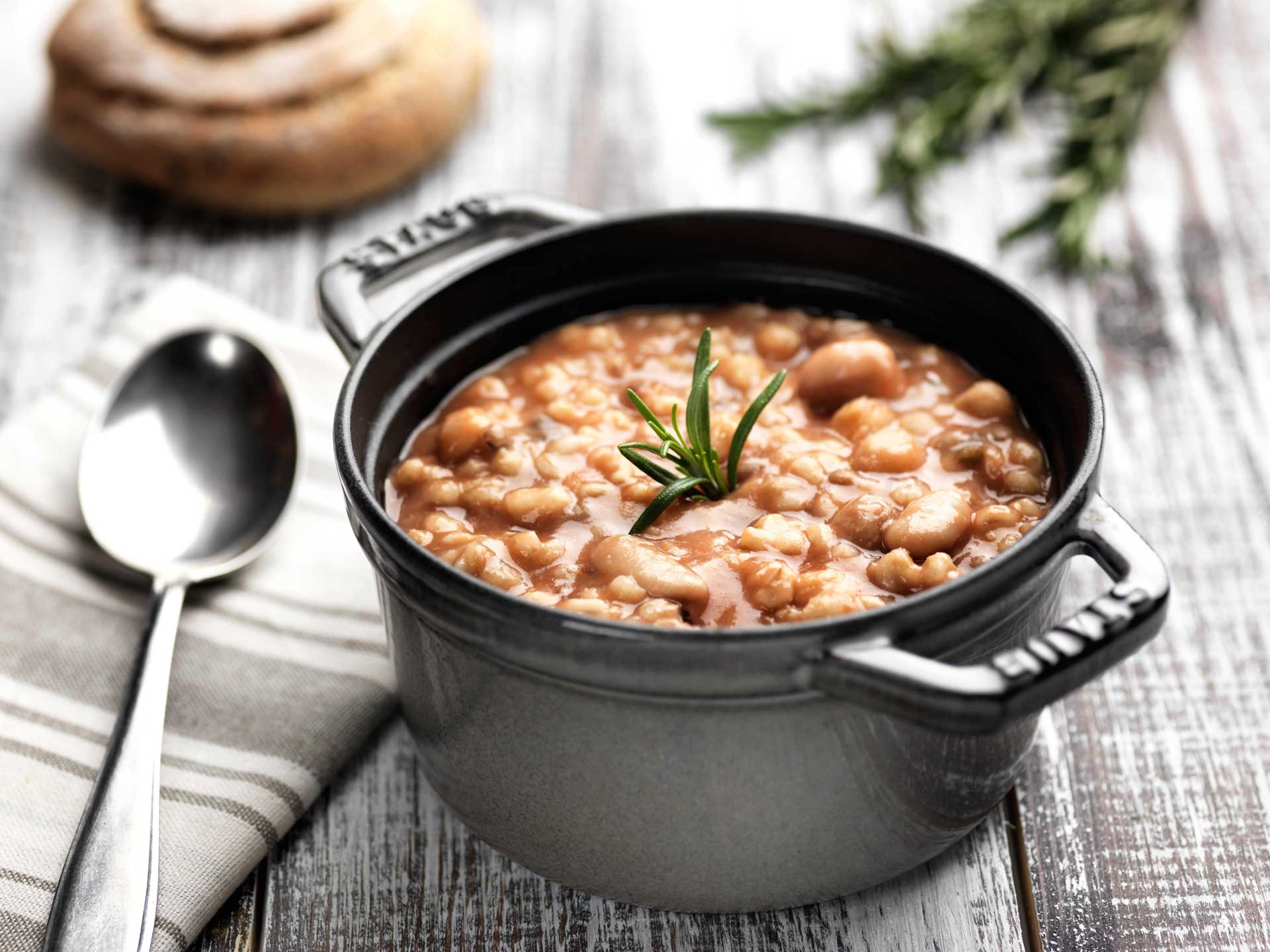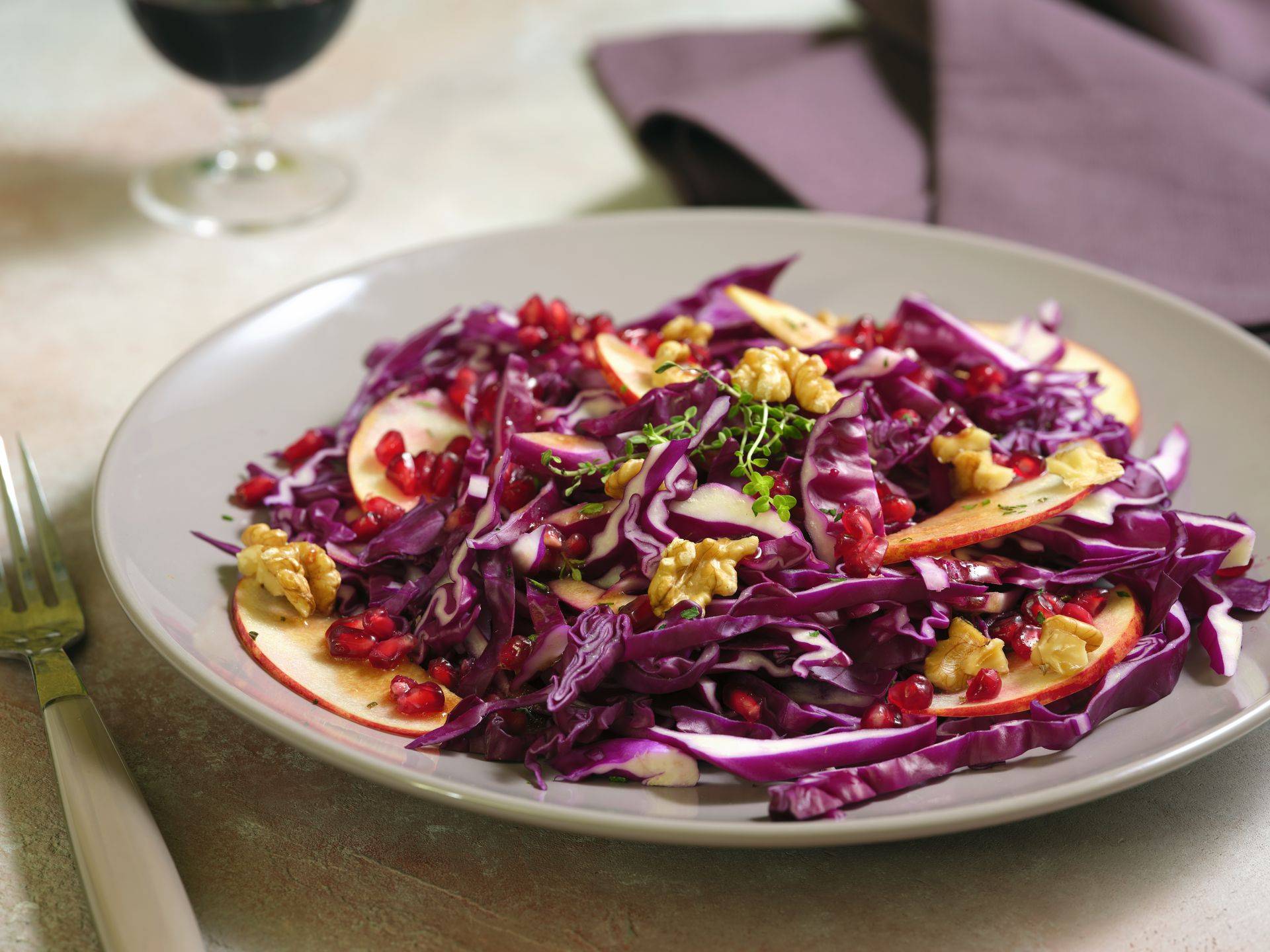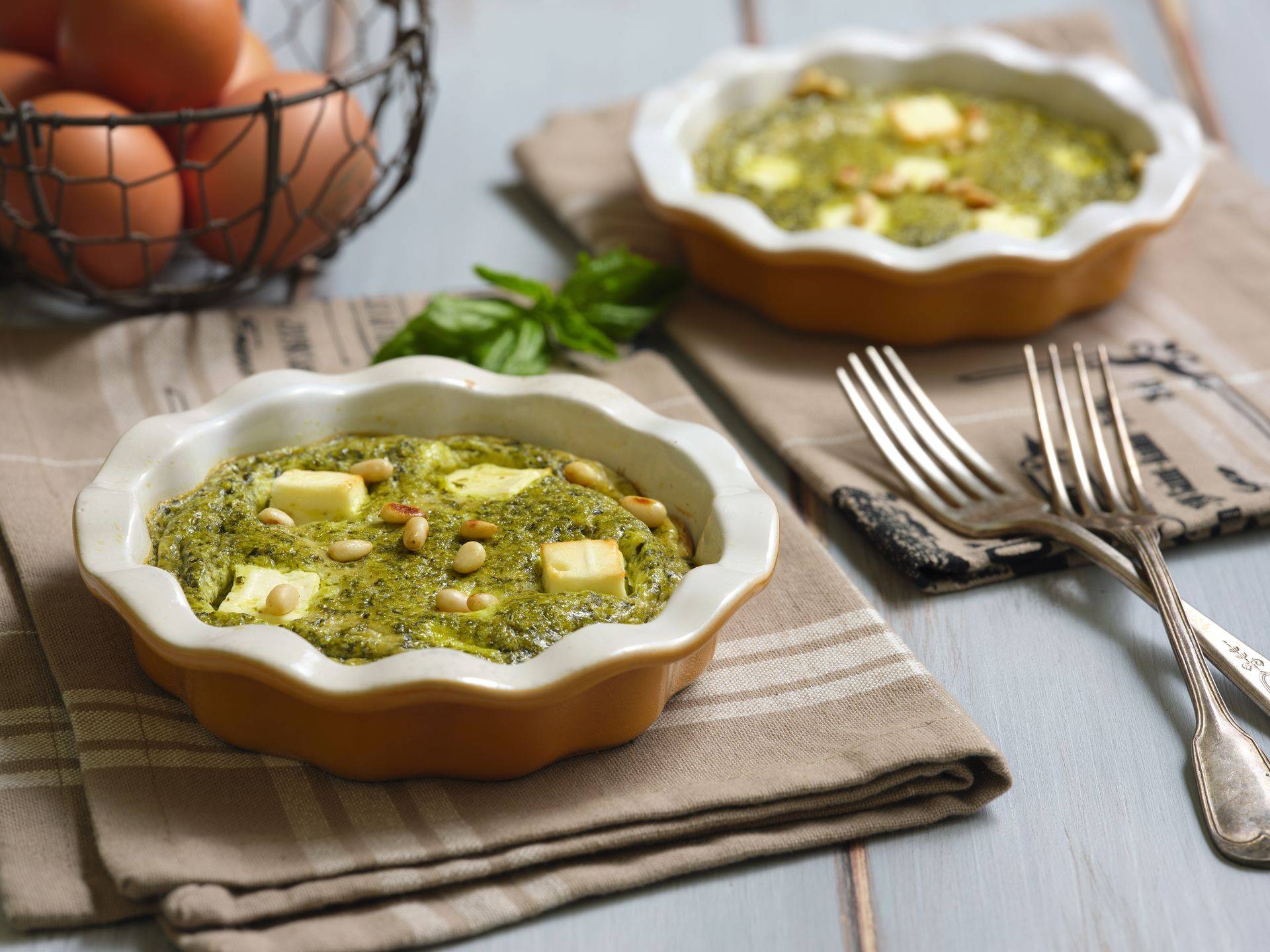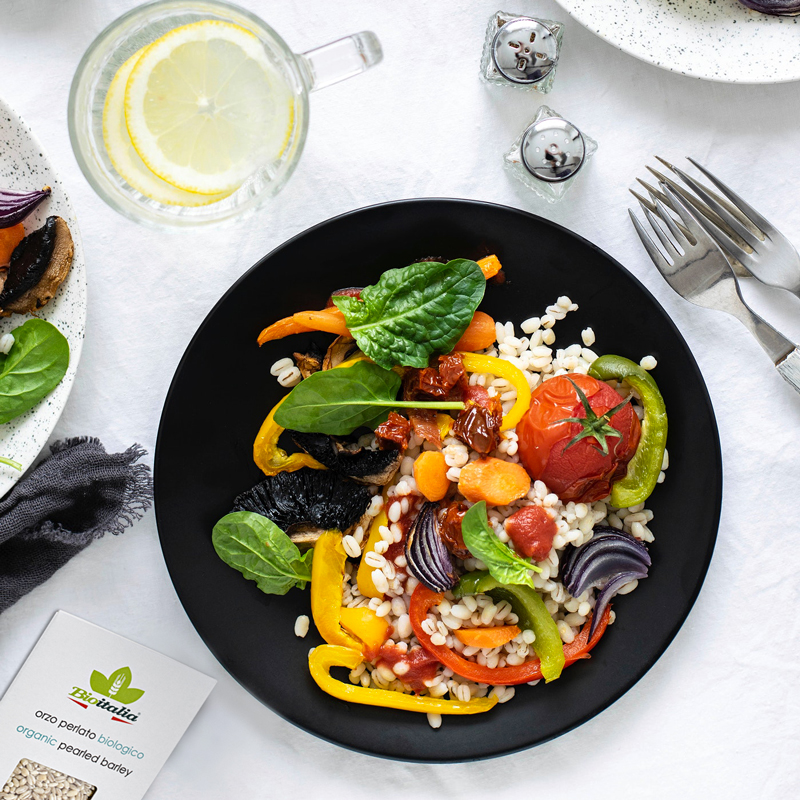
Everything You Need to Know About Cereals
Organic cereals like spelt and barley from Bioitalia represent a valuable food source: rich in starch, proteins, and minerals. They are an excellent substitute for pasta and rice.
Both cereals contain gluten, so they cannot be used by those who suffer from celiac disease.
Cereals, like legumes, are plant foods with a rather high average protein content. For example, barley contains 8g per 100g of product, while spelt exceeds 14g.
Although not "noble" proteins, meaning they are not complete with all amino acids, they are equally capable of meeting both quantitative and qualitative protein needs if consumed daily and in a varied manner, using foods from all plant groups. In this way, even those following a vegetarian diet ensure adequate nutrition and avoid deficiencies.
Cereals (spelt, barley, buckwheat) are a precious source of vitamins (B and E), minerals (potassium, magnesium, phosphorus, iron, zinc, calcium), and antioxidant substances, as well as being very rich in dietary fiber: a portion of 80g of barley contains about 6g of fiber, spelt over 8g. This value increases if the cereals are prepared as a one-pot dish with seasonal vegetables. They can be consumed both hot and cold.
In summer, they are perfect for creating light, colorful, and balanced dishes, while in winter, they are excellent in the form of soups or stews.
A diet based on plant foods (legumes, whole grains, fresh fruits, and vegetables) is generally lower in fat and richer in minerals such as potassium, magnesium, and calcium.
It is well known that plant foods are rich in fiber and micronutrients, bioactive compounds capable of exerting beneficial effects on glucose and sugar metabolism.
Dr. Concetta Mauriello
